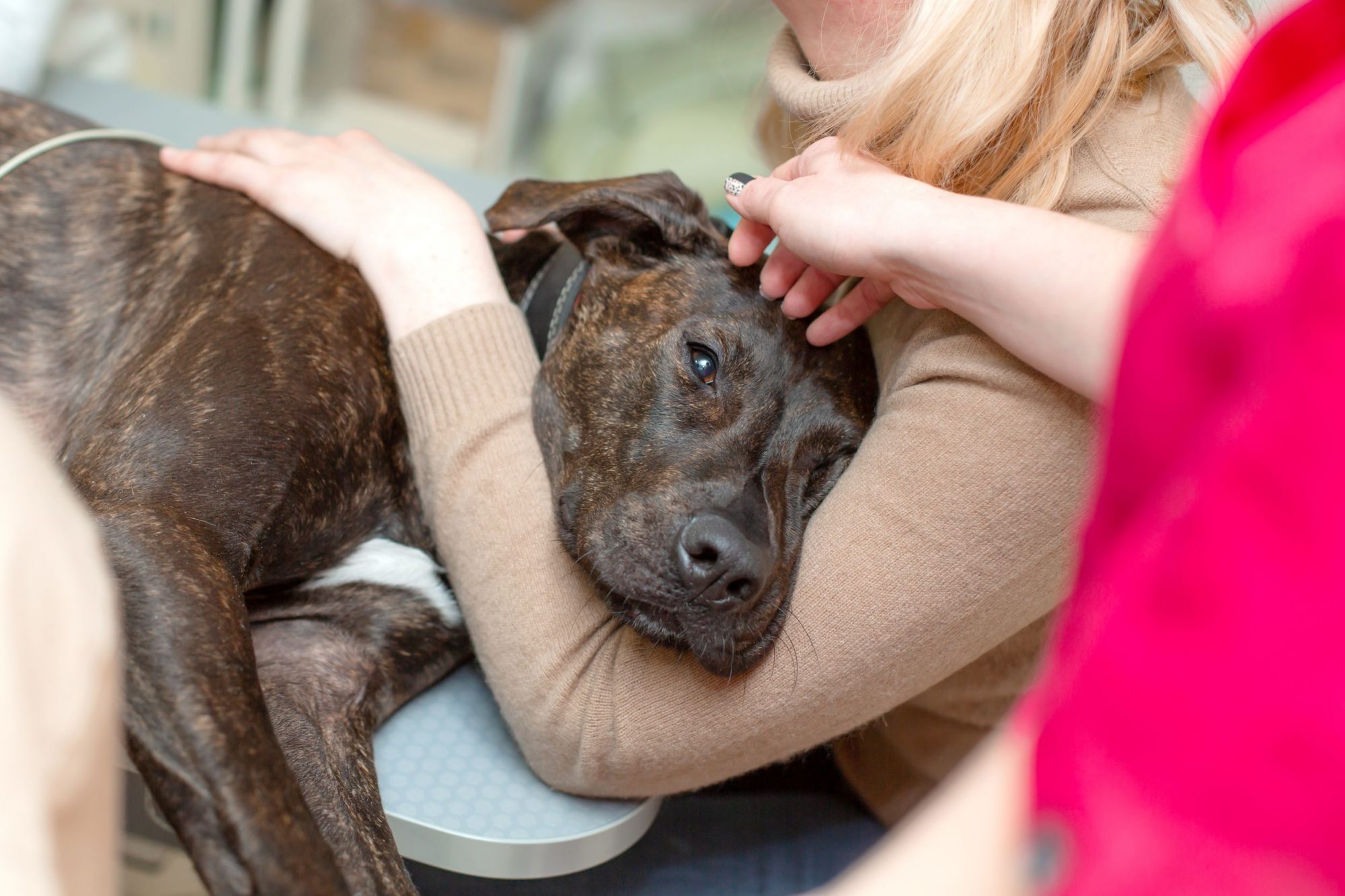Common Red Flags That a Pet Is Sick and Needs Help

When people become ill, they use the power of language to describe what’s wrong, or where it hurts. Animals don’t have that luxury. Instead, thanks to their biological instincts to avoid looking weak, they try to mask their symptoms or simply hide, away from household noise, activity, and observation. Although it might help them from becoming prey in the wild, it also reduces their chance of immediate medical care.
Fortunately, there are clues that, if picked up early, can lead you to seek life-saving veterinary help. Because we don’t always know why a pet is sick, it can be vitally important to run certain diagnostics that may expedite effective treatment.
Acting Slightly Off
While some pets vocalize their preferences, they largely communicate with body language. In the same way that you know instinctively not to approach a hissing cat or growling dog, a sick pet can sometimes convey they are physically sick through their appearance and behavior.
Because the following red flags of pet illness can be caused by so many different conditions, it’s essential not to ignore any of these signs that a pet is sick:
- Any changes to eating or bathroom habits, even slight or subtle changes
- Vomiting or diarrhea
- Blood in the stool or urine, or straining while going to the bathroom
- Inappropriate soiling
- Decreased activity levels and sudden inability to do normal things (like go down stairs, or hop onto the couch)
- Seizures
- Hiding or withdrawal
- Abdominal bloating
- Pain to the touch
- Limping or balance issues
- Increased itchiness, obsessive licking at certain parts of the body
- Rapidly growing lumps
- Sudden, unexplainable shedding or bald patches
- Mouth, ear, or skin odor
- Eye or nose discharge
- Clinginess
- Uncharacteristic crying or whining
Many of the above symptoms require immediate emergency care. It’s best to err on the side of caution when it comes to illness. Early intervention can lead to quick, effective treatment and possibly expedite recovery.
When Your Pet Is Sick
Advanced diagnostics are key during pet emergencies. Our in-house laboratory gives us quick test results so we can pivot towards treating medical issues promptly. Once we know what is going on inside your pet, we can develop a plan. This may involve prescription medication, surgery, diet changes, and lifestyle adjustments at home.
It’s critical to remain in touch with your pet’s veterinarian following a critical illness. We may need to run follow-up tests to see if the body’s systems are improving, or adjust medication to support your pet’s condition. There could also be side effects of medication that benefit from direct veterinary observation.
Sustainable Effort
It is frightening for both pets and their people to go through a health crisis. However, the sooner they get help, the better. It is never advisable to “wait and see” how a sick pet will feel tomorrow or the day after.
If you ever need us, or have further questions about a sick pet’s symptoms, please call us at (916) 791-8387. Our veterinarians and staff members are always here for you at Bayside Animal Hospital.


